Why Are Toxic "Superfans" Such a Nightmare for Hollywood?
ICYMI I have a novel coming out next August called Lessons in Magic and Disaster, about a young witch who teaches her mother how to be a witch. Along the way, the witch also uncovers the secrets of a mysterious novel from 1749. You can pre-order it everywhere, but if you pre-order from Green Apple, I’ll sign and personalize with a terrible drawing. (And stay tuned for pre-order rewards!) Also, please scroll down to the bottom for some updates about Escapade, the trans superhero I co-created for Marvel a while back...
Why Are Toxic “Superfans” Such a Nightmare for Hollywood?
Everyone I know has been talking about a recent Variety article about toxic fans who ruin Hollywood projects with all their negativity.
A lot of the examples given in the article boil down to garden-variety misogyny, racism, and queer-phobia — including a lot of the classic examples of actors being harassed and review-bombings of projects with diverse casts. But I guess there's also a certain amount of nit-picky “this character should have a red codpiece, not a yellow codpiece — that codpiece represents my soul" conservatism.
The most startling part of the article is when an unnamed studio executive reveals that studios have started convening panels of superfans to weigh in on movies and TV shows that are still in production, to let the studios know if there’s going to be an issue:
“They’re very vocal,” says the studio exec. “They will just tell us, ‘If you do that, fans are going to retaliate.’” These groups have even led studios to alter the projects: “If it’s early enough and the movie isn’t finished yet, we can make those kinds of changes.”
(I have a feeling this is somewhat exaggerated, or a thing that’s happened once or twice, rather than a major trend.)
In any case, this kind of pandering to a particular hardcore fanbase is obviously a bit of a problem. As I wrote on my last day as editor-in-chief of io9, the science fiction blog where I worked for nearly nine years, we launched io9 in part to push back against this idea that science fiction and fantasy should belong to a tiny number of gate-keeping obsessives, rather than everybody who enjoys them. But also, I think studios and other folks are missing a huge part of the point about angry superfans.1
Here's the conundrum about super fans in a nutshell: they have some ability to do damage to a movie or TV show, but they have zero ability to make a project successful.
I'll take the second part first. Hollywood spent years operating on the assumption that if 6,000 people in Hall H at Comic-Con are excited about a project, it's bound to be a hit. Or if a vocal group of people on Twitter (some of whom might be bots) are tweeting excitedly about a thing, it is a license to print money. The fact that Scott Pilgrim Vs. the World and Tron Legacy, among other things, did not make billions of dollars is proof that this assumption was incorrect. Over and over again, Hollywood banked on catering to a relatively small number of local fans, and people lost their shirts.
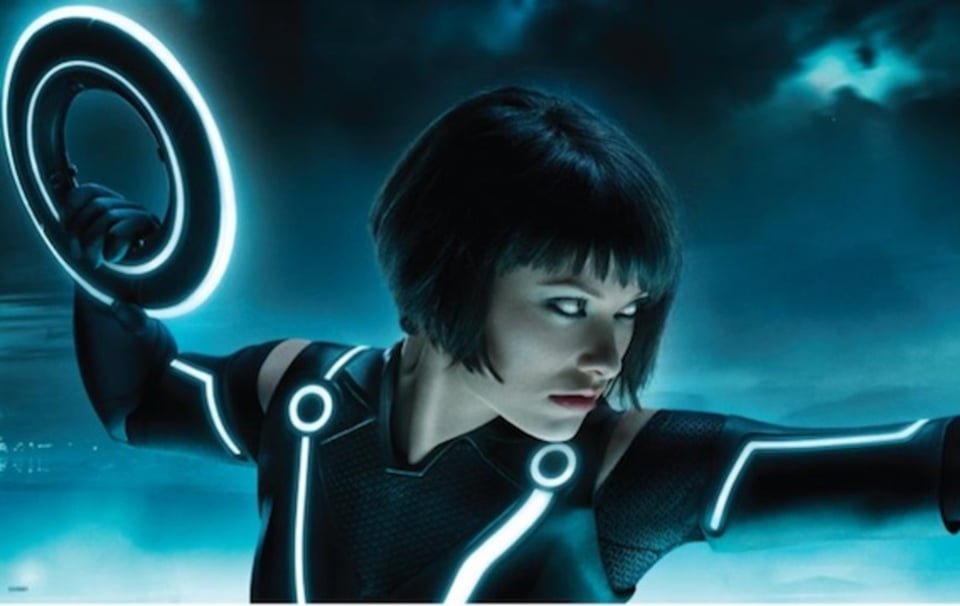
By now, even the most clueless studio executive probably knows that @Fanboy3997 does not have the power to spawn a hit project by tweeting about it. (That doesn't mean we won't get still get things like the recent Crow reboot, or yet another Tron movie, however.) And of course, if a certain segment of highly vocal fans really had any power, Zack Snyder would be a way more successful film-maker.
But even if @Fanboy3997 is not a king-maker, he can do a certain amount of damage to a franchise. This is at least partly a reflection of the fact that the internet, like so many other media before it, does a better job of boosting negativity and hate than spreading anything positive. ("If it bleeds, it leads.")
Disgruntled fans can help to shape the narrative about a project in various ways.
1) They can drown out the people who actually like it.
2) They can even harass anybody who expresses enthusiasm for a project they don't like.
3) They can do the aforementioned review bombing, and harass actors and creators.
4) They can create the appearance of a major backlash, even if it's really just five people and an swarm of bots.
5) And, though journalists will never admit it, a angry fans have a major ally in the journalistic profession, which will assist in blowing their complaints way out of proportion and creating a fake controversy in order to manufacture drama that in turn will lead to eyeballs on news sites.
To some extent, this is what happened with Star Wars: The Last Jedi, a movie that was a massive financial success and one of the most successful movies of all time, with an “A” on Cinemascore (signifying that audiences in theaters overwhelmingly loved it.) What I'm convinced were a relatively small number of fans had a meltdown, which probably would’ve had a limited impact if journalists hadn’t chosen to run with it and create a news cycle around the backlash. That, in turn, led to the notion that The Last Jedi had failed in some way.
(Before anyone says it, yes: The Last Jedi made less money than The Force Awakens, a film that made all of the money — a feat it would have been virtually impossible to duplicate. Plus, as box-office super-analyst Scott Mendelson pointed out, you saw a similar box-office drop from the original Star Wars to The Empire Strikes Back and from Phantom Menace to Attack of the Clones.)
I actually feel as though The Last Jedi was a turning point in our relationship to all of this crap, because it was a moment when everyone absolutely should have ignored the haters and embraced the fact that this movie was a hit that was beloved by almost everyone. Plus it was a legit amazing movie, second only to Empire Strikes Back in my personal ranking of Star Wars films. It proved that a franchise film doesn't need to be a lukewarm reheated set of leftovers, and instead we can cook some new recipes in that same old kitchen. (Sorry for torturing a metaphor here.)
In any case, the conundrum is real: you have an element of fandom that has the power to hurt, but not to help. This is a recipe for paralysis, because even if you could somehow please those fans, it wouldn't get you anywhere. At the same time, you can't afford to make them too angry.
The only safe course is to steer clear of both Scylla and Charybdis: don't pander too much, but also don't upset them too much. In other words, make middle-of-the-road content that doesn't rely too heavily on the nostalgia of a few fans, but also doesn't try too hard to please newer, probably younger audiences. And of course, it helps if you're making something like Deadpool and Wolverine, featuring two characters who are genuinely popular with mainstream audiences, which means you can afford to do a lot more pandering, and probably also push the envelope a tiny bit more.
What's my solution to this mess? It's the same solution I've proposed in the past, which is to stop bringing back pop culture from the 20th century.
Fun fact: we are nearly a quarter of the way into the 21st century, and it's legit weird that we're still talking about heroes who were created in the 1930s and 1940s. Eventually, Batman and Superman will go the same way that Flash Gordon, Buck Rogers, The Shadow, Doc Savage, and so many other pulp heroes have gone.
I don't expect this to happen soon, but the time will come when a new generation simply doesn't give a crap about Batman — and I think that will be a good thing. Universes that are less dependent on a particular marquee character, such as Star Trek and Doctor Who, might hang on a bit longer, and I would be sad to see those series go, in particular. (See my conversation from a while ago with Javier Grillo-Marxuach: if something is a setting, like Starfleet, rather than a saga about a specific set of characters, you can do a lot more to extend it.) Also, yes, the Doctor in Doctor Who is one character, but the Doctor is also fifteen different characters, and counting.
When you create something new from the ground up, you can build inclusiveness and 21st-century values into it, rather than having to import them after the fact. Inclusion can be your yellow codpiece!
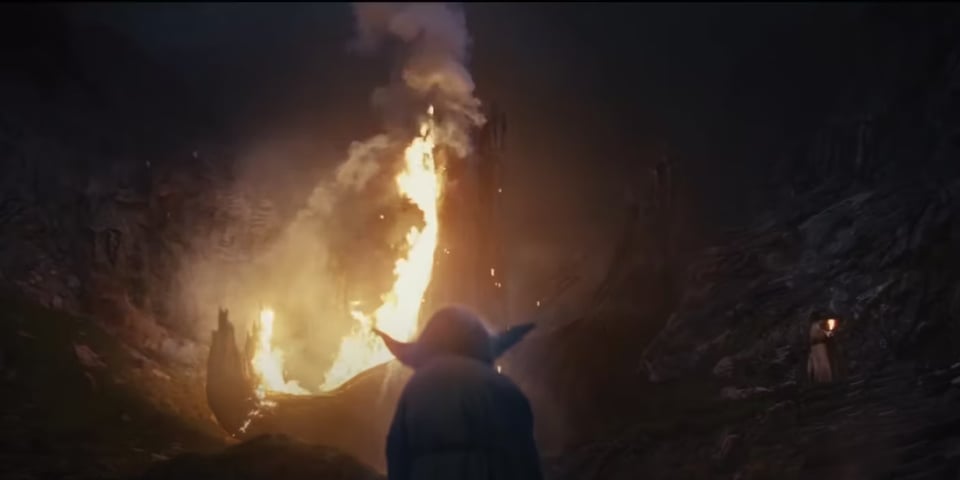
Which brings me back to The Last Jedi: on some level this film contains a meta-argument against this exact kind of fan conservatism. Let the past die, conflict-ridden villain Kylo Ren says. Kill it if you have to. Let's all be like Yoda, gleefully setting fire to the stories of the past so that we can create wonderful new stories in the future.
My Baby Girl is Growing Up!
Back in 2022, I helped to create a trans superhero for Marvel Comics. Escapade, aka Shela Sexton, is a trickster thief with the power to exchange attributes, circumstances or just physical location, with anyone she’s close to. As I wrote a while back, she’s a naive trickster, who fools herself as much as others.
Escapade first appeared in Marvel Voices: Pride #1 (2022), with art by Ted Brandt and Ro Stein, which remains one of my favorite things I’ve ever done. We did some newspaper-style strips about her backstory:
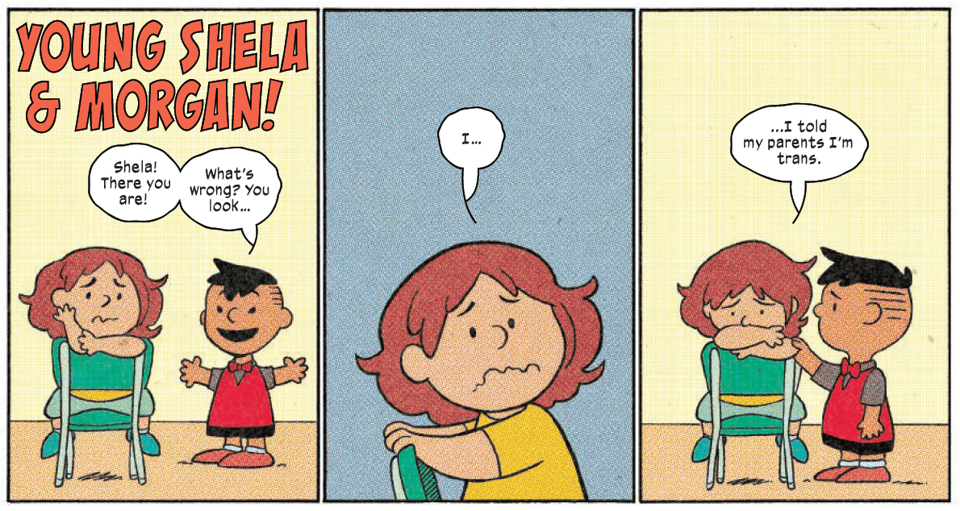
The Pride issue is super hard to find now (unless you have Marvel Unlimited) but I would love it if you checked it out. Anyway, after that, I then was lucky enough to write Escapade in New Mutants issues 31-33 (collected as New Mutants Vol. 04) and a miniseries called New Mutants: Lethal Legion, and those are available in trade paperback format.
Anyway, I haven’t talked about Escapade in ages, but she’s popped up all over the place since I stopped writing her. She had a brief cameo in X-Men: Mutant First Strike, a one-shot leading up to Fall of X. And she was part of a team of mutants that Dani Moonstar assembled in X-Men Unlimited to fight the Externals during the Fall of X event.
But in the past few months, Escapade has gotten to be much more front and center, mostly on your smartphone.
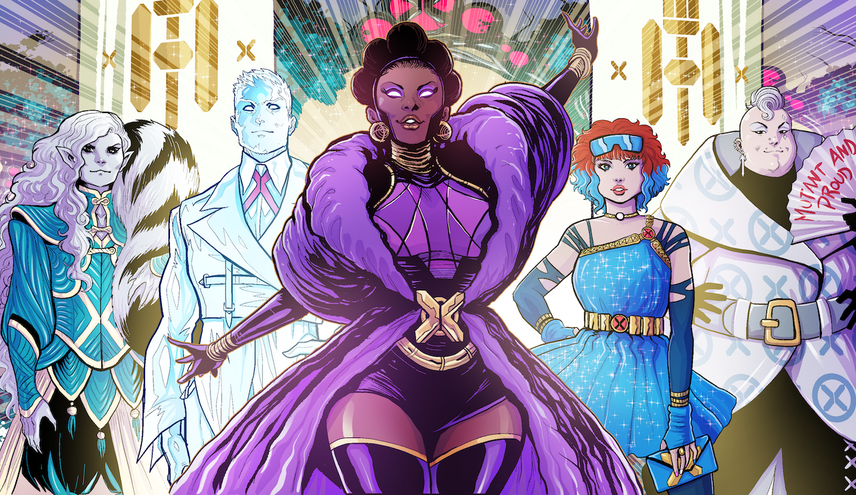
First, Marvel is doing something called Marvel Move, which uses the Zombies Run! exercise app to tell kinetic stories in the Marvel Universe. And back in June, they did a special X-Men-themed pride event, featuring a group of mutants at the Hellfire Gala… including Escapade. I finally got around to downloading the app and listening, and it’s super cute. Escapade is voiced by Sena Bryer, a wonderful voice actor who recorded the “Elza” sections of the audiobooks of my novels Dreams Bigger Than Heartbreak and Promises Stronger Than Darkness — and not surprisingly, Sena is absolutely perfect as the voice of Escapade. I love Escapade’s lecture on why she doesn’t need to wear a foofy dress to be a woman, and how she prefers a jumpsuit with pockets that can hold a book as well as some interesting rocks.
Escapade has been part of a team of young heroes in Avengers Academy, written by Anthony Olveira with art by Bailie Rosenlund. I love how Anthony writes her, especially the off-the-chain hijinks when she swapped circumstances with some deadly bees. And she’s gotten to have a wonderful romance with Brielle Brooks aka Bloodline, the daughter of Blade. It’s been so lovely. Avengers Academy is on the Marvel Unlimited app and is formatted to be read on your phone. But you should definitely start with Marvel Voices #97, also on the Marvel Unlimited app, where Anthony wrote about Escapade saving a plane full of people and getting recruited to come study at Avengers Academy in the first place. (With art by Cara McGee.) It’s so beautiful and perfectly captures Escapade’s mix of idealism, cynicism and insecurity. I want this on a poster or T-shirt:
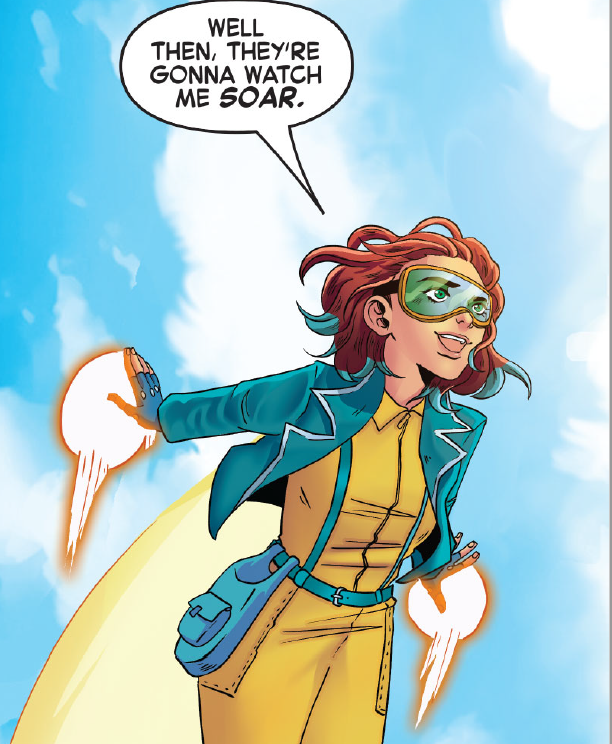
It should go without saying of course that we are free to criticize the things we love, and in fact criticism is part of love. It's only when pointing out the things we don't like about our beloved shows and movies turns into pure hatred and destructive anger that it's actually a problem. ↩